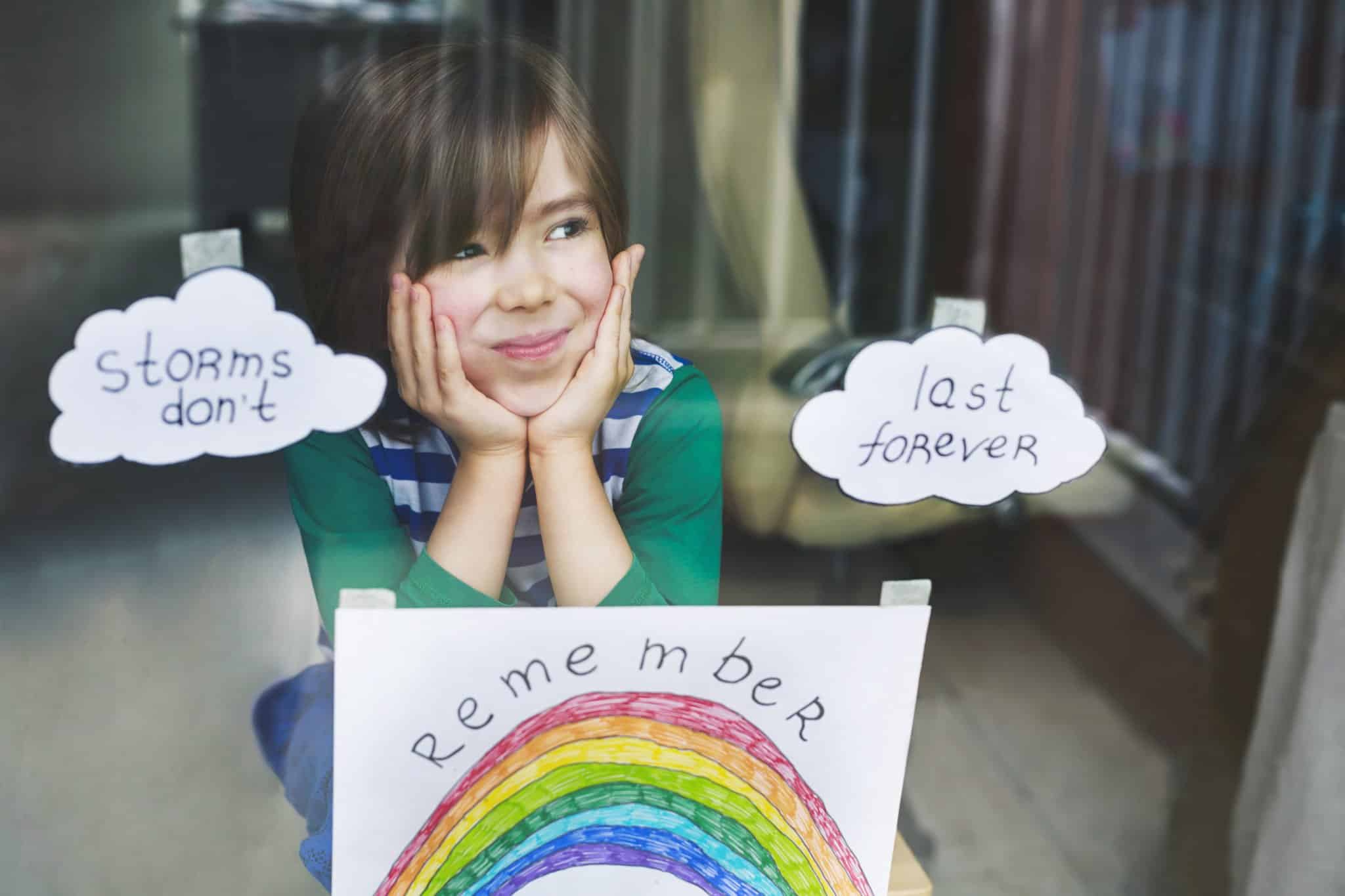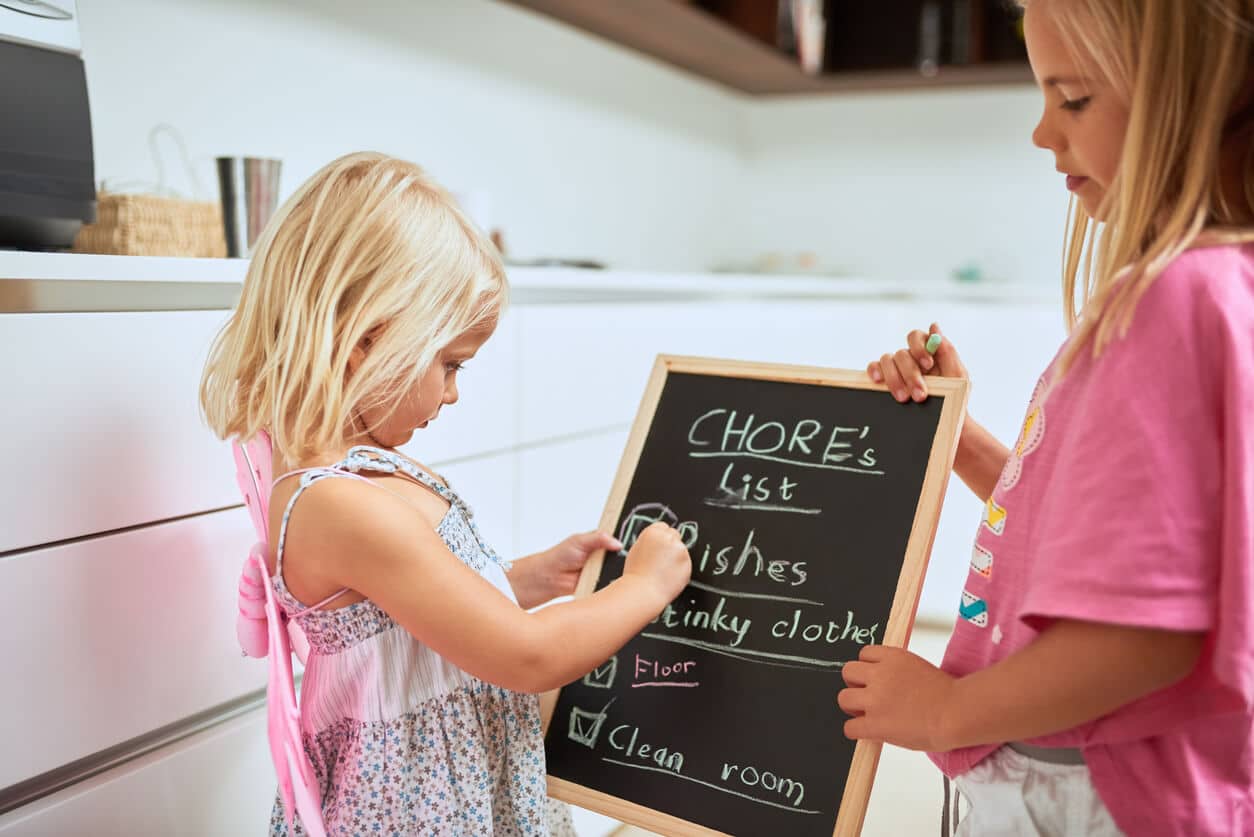Learning to read, write and add up are all important skills your child learns in their schooling years. But there are other skills your child needs to master that we often overlook because they are not listed on report cards or discussed at parent/teacher interviews.
While being at school does help to develop your child’s social skills, you can help foster them at home too – even before they reach school age. A study published in 2015 showed a link between social competence in the kindergarten years and future success and wellness, so it’s never too early to get started.
Some important social skills you can help your child develop are:
PROBLEM-SOLVING
Problem-solving is often a skill taught in the mathematics classroom, but it one’s we can apply to real-life events too (even ones not involving numbers).
Children (and adults too) who can problem-solve can deal with issues and conflict in a calm and measured way. And they’re much more likely to preserve when faced with obstacles too, as they know they have the skills to work around them.
Help your child problem-solve issues whenever they arise and encourage them to do it themselves too. Play board games or card games with problem-solving elements and model your own problem-solving whenever you can.
GETTING ALONG WITH OTHERS
It’s a skill for life, being able to get along well with others. While it’s an important skill for schooling and creating friendships we also need it as we grow into adults too, especially as we enter the workforce.
Children need to learn about taking turns, sharing, and making comprises early on in life. They learn to do this through play so it’s important to give them plenty of time to interact with their peers in an unstructured way. Supervise but don’t always intervene when issues arise to give your child a chance to learn how to navigate any problems or disagreements themselves. Of course, if things get out of hand, it’s time to step in and assist with the process.
UNDERSTANDING FEELINGS
Being able to recognise and label feelings helps children interact with others and respond appropriately to situations.These skills can be developed by talking about feelings and reading about them in picture books. Pretend play is another area where children explore emotions as they take on the role of other people.
Encourage discussions about feelings (including your own) and use lots of rich language when discussing emotions. Ensuring children have plenty of time interacting with others also helps build and support this skill.
Social skills are vital for life, right from childhood through to adulthood. Help your child develop their social skills through play, modelling, talking together and reading books. You’ll help make school life easier and set your child up for lifelong success.






